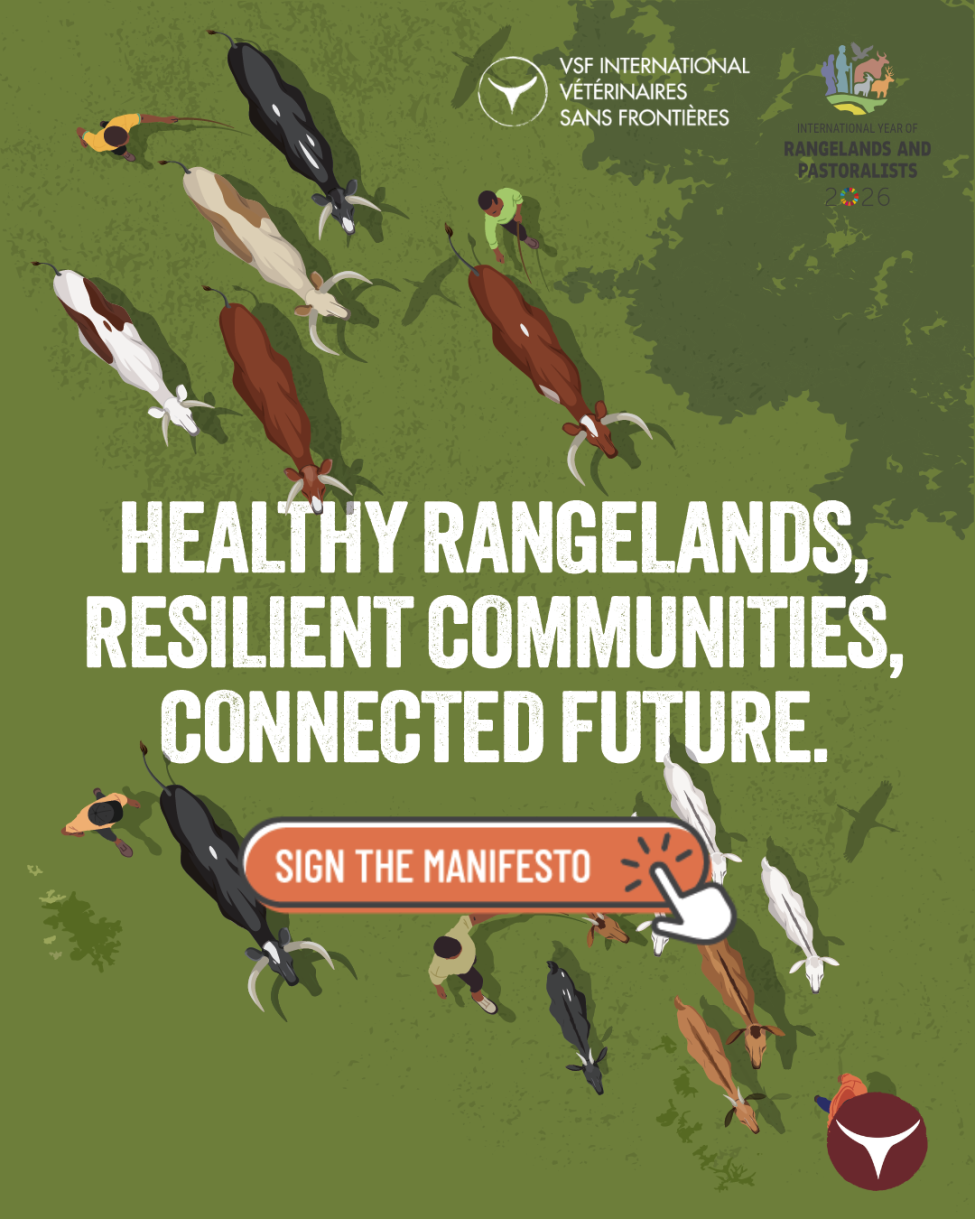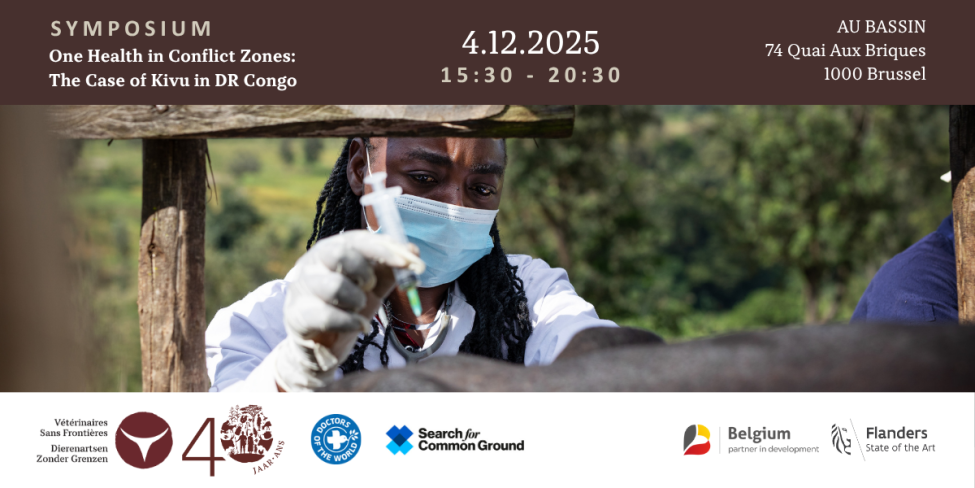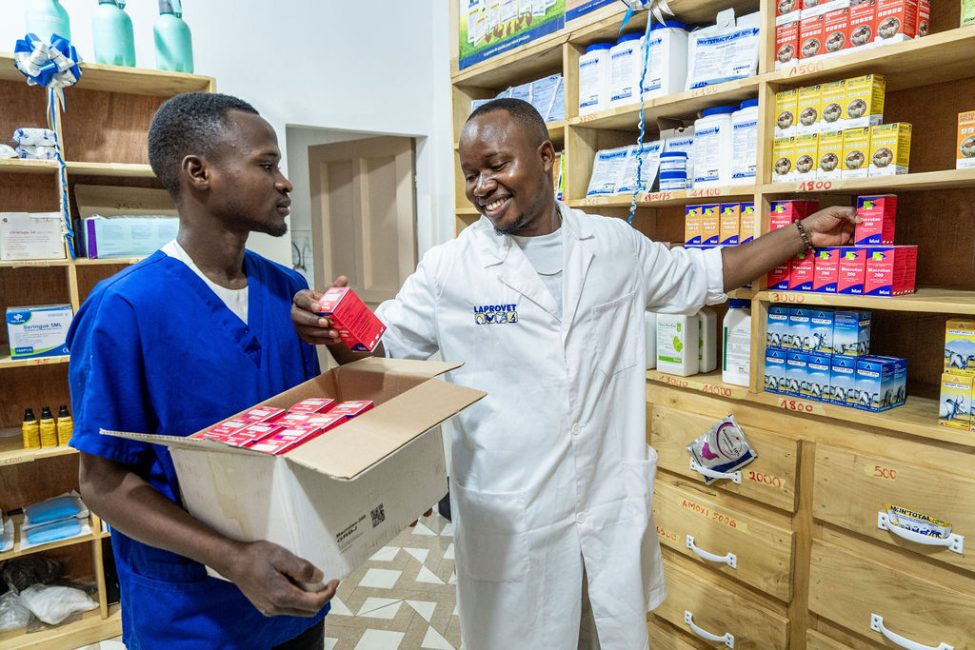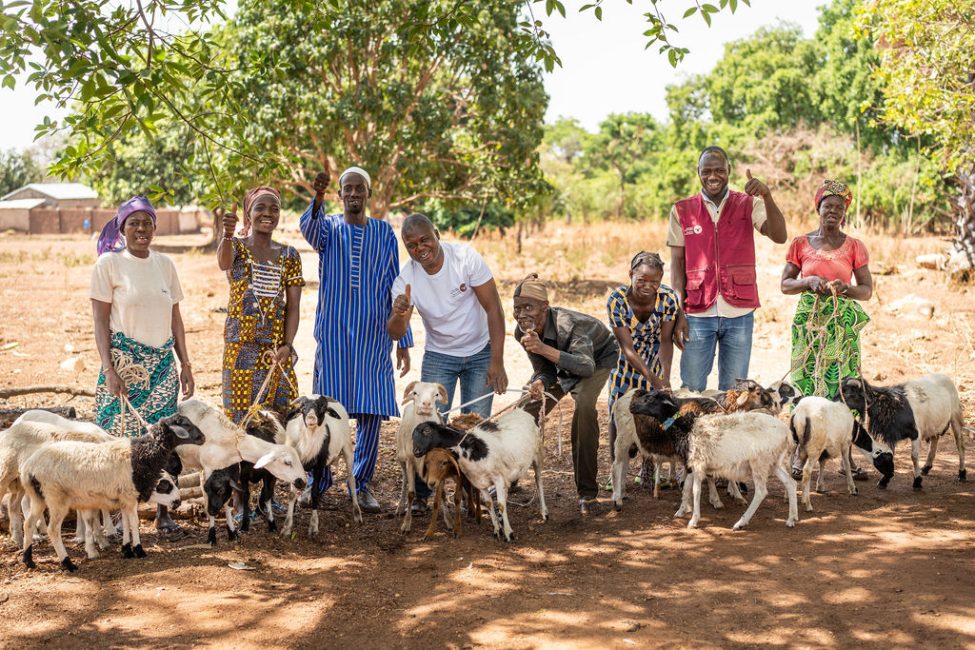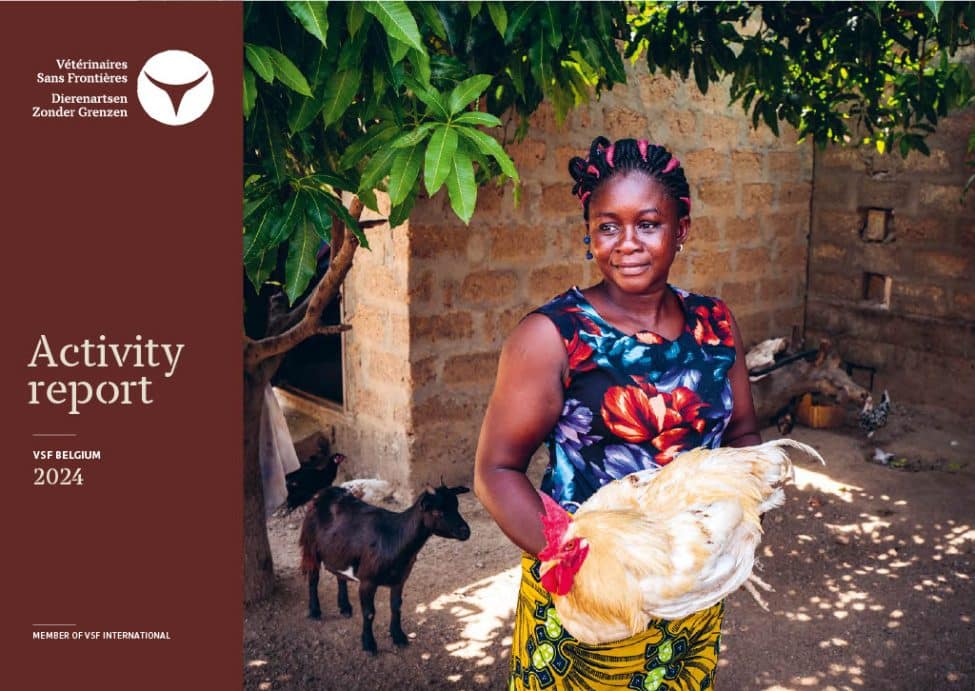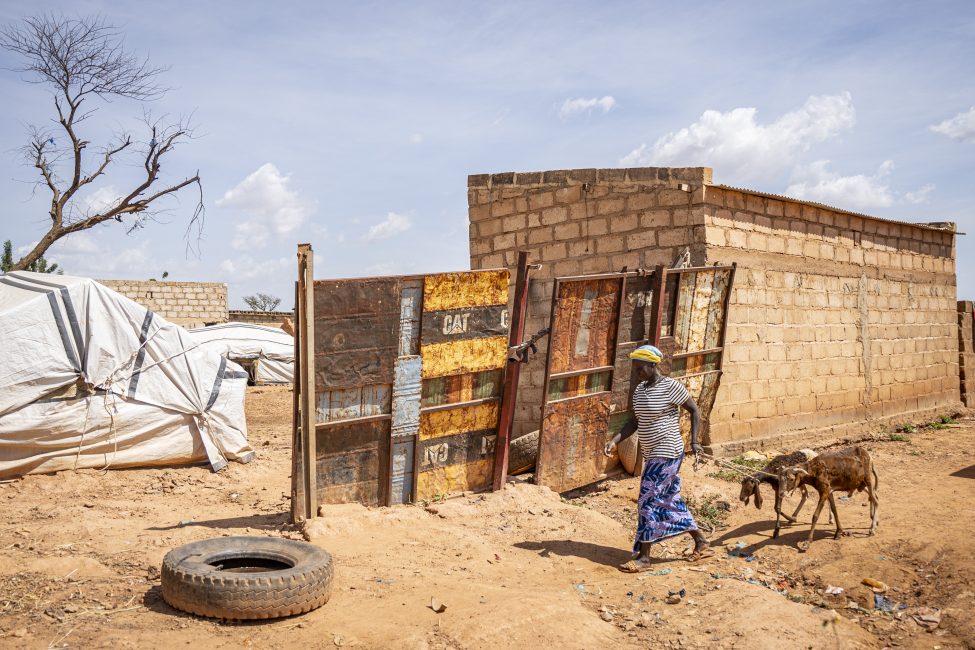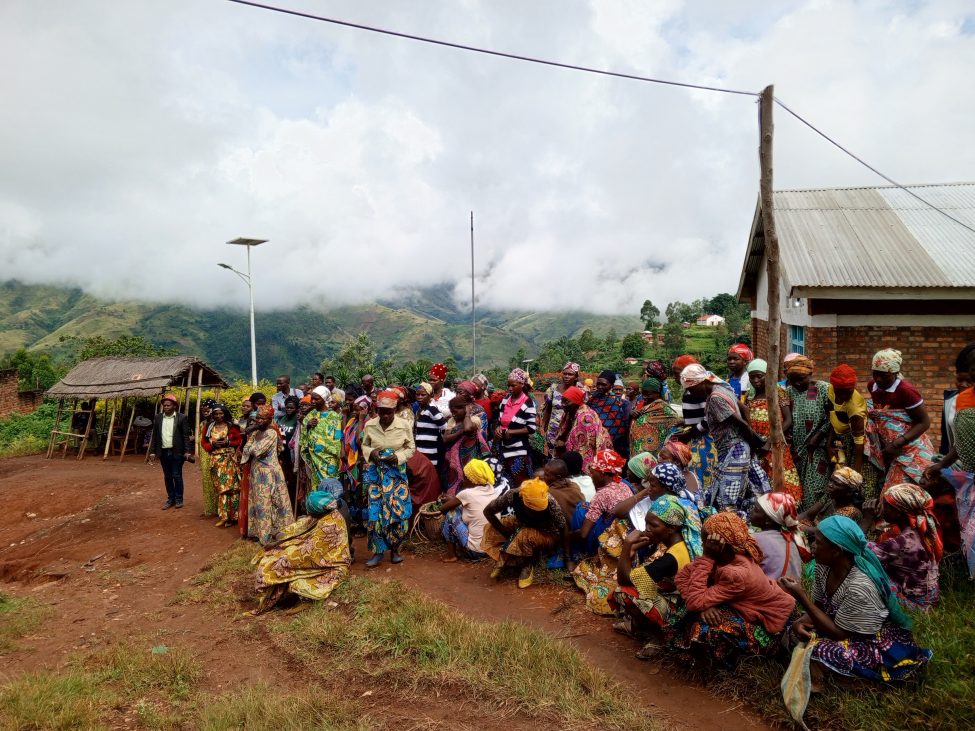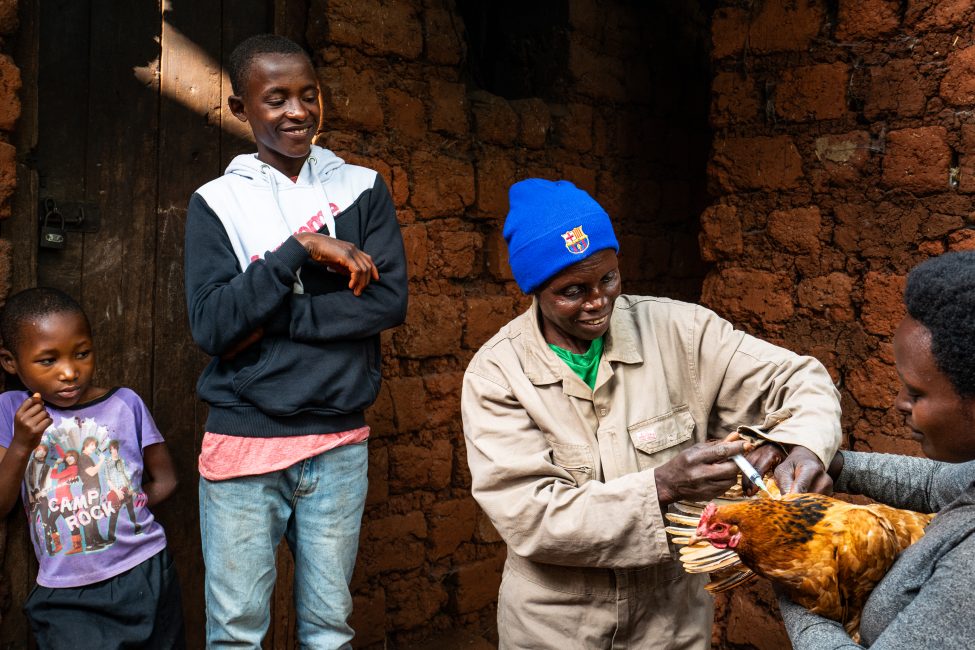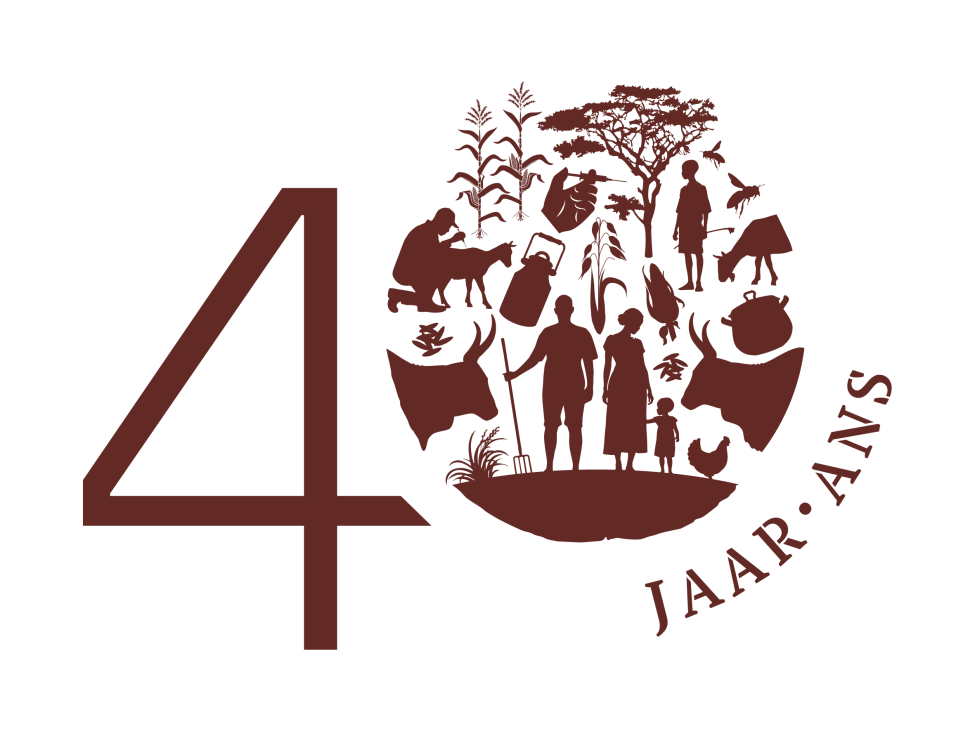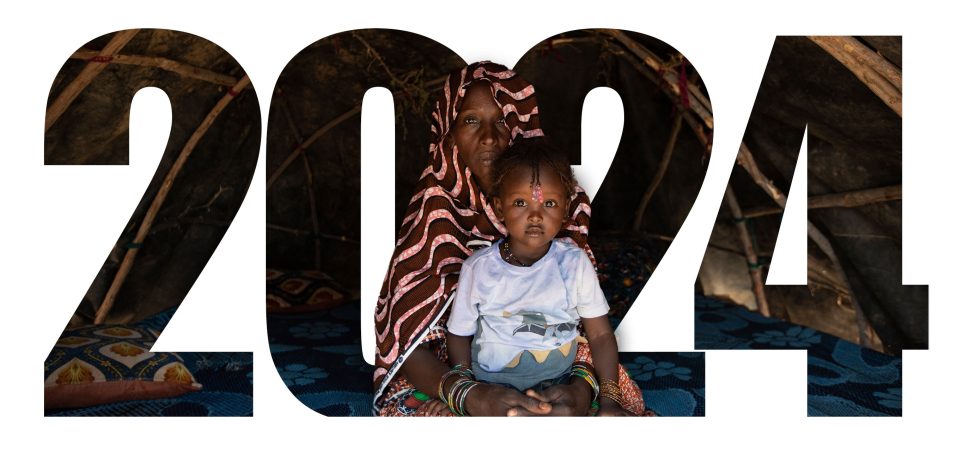Rangelands cover more than half of the Earth’s land surface and form the foundation for the lives of millions of people and animals. Yet these ecosystems are under pressure. Veterinarians Without Borders is committed to sustainable livestock farming and strengthens local communities in Africa to protect rangelands and support pastoralists.
Read how we work with VSF International to fight for a future where pastoralists, animals, and nature thrive together.

